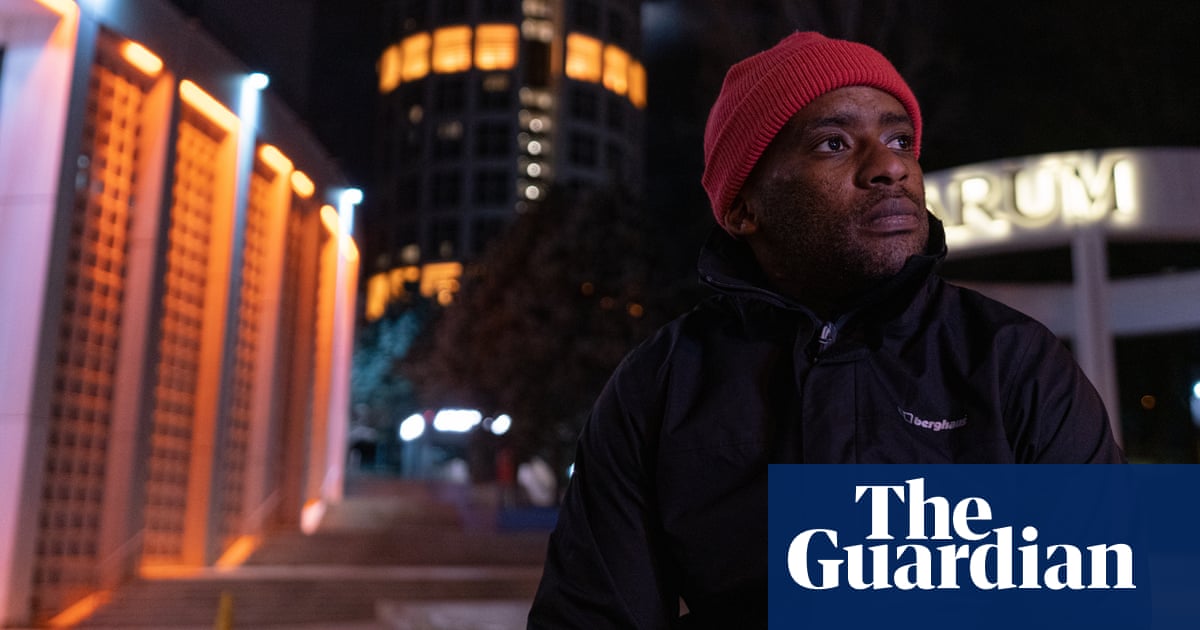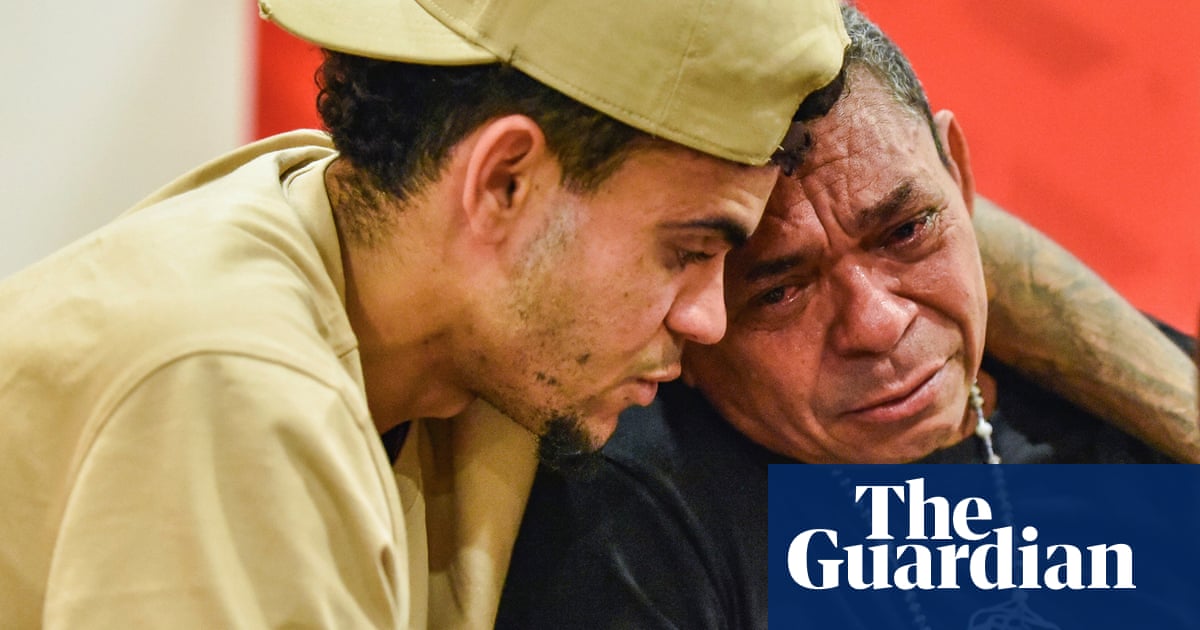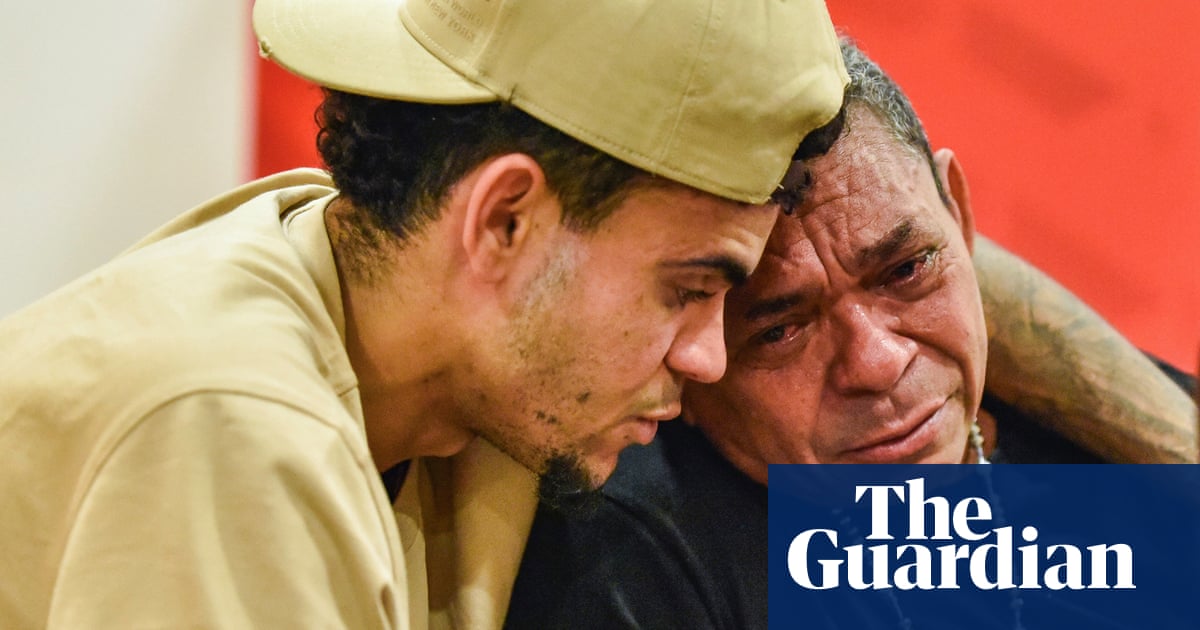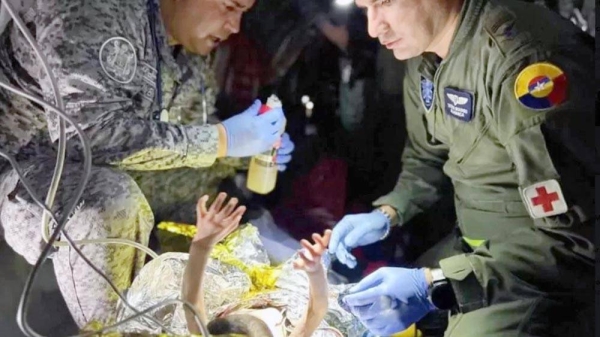
On a scrap of grass behind a red brick housing estate in Chester, Siyabonga Twala stops to get his breath back as his son Mason dribbles a football past him.
“You’re too fast now,” he laughs, his chest heaving.
The scene would be unremarkable but even a week ago Twala would not let himself hope for such a moment. “I was scared that I’d never be in his life again,” he admits, looking on at his son as he flicks a ball into the net.
For the last 18 months Twala, 35, had been living in limbo in Ankara since he was prevented from boarding a flight back to Manchester after a holiday with Mason and the rest of his family in December 2022.
Last week the Home Office withdrew an exclusion order that was preventing him from returning to his British son and life in the UK, conceding that it should never have barred him.
In the early hours of Tuesday morning, Twala finally made it home again.
Mason was eight when they last lived in the same country and will be 10 next month. Twala is acutely aware of the lost time.
“I didn’t know you’d got that good,” he says of Mason’s football skills, smiling as he dribbles the ball past him again. The moments of happiness are also tinged with loss. “I’ve missed out. He’s grown so fast.”
The case is a reminder of the way that the Home Office’s hostile environment policies continued to inform ministers’ thinking.
Twala was given indefinite leave to remain in the UK in 2010 having lived in the UK since the family moved from South Africa when he was a teenager. He was barred from travelling back to Britain because of a 2018 conviction for cannabis possession with intent to supply. He had spent four months in prison for his crime and on his release he retrained and had a steady job as a lorry driver, while looking after Mason at weekends.
Last week it emerged that the Home Office had decided to allow him back to the UK in March 2023 on the same day as the Guardian published a second article about his situation. But the then-immigration minister Robert Jenrick intervened to block his return and an exclusion order, normally reserved for terrorists and other serious offenders, was issued in July.
The move left Twala stuck in limbo in a strange country for another year.
When the Home Office finally withdrew its exclusion order last week it was less than 24 hours before a judicial review hearing was due to start on his case.
After the withdrawal, Twala had to endure another five days of purgatory in Ankara before the Home Office managed to produce the paperwork he needed to fly.
Even then, it was not a straightforward journey. Walking into Ankara Esenboga airport on Monday night, the place where his ordeal began, he said: “I was scared. I just had a feeling something was going to go wrong.”
Turkish border officials stopped him from flying initially, Twala said, saying he was told he had “violated” his visa by more than 500 days. He paid a £200 fine and is barred from returning to Turkey for a year – not something he had any plans to do.
Twala made his flight and was due to land in Manchester at 2.30am. Twala said he was delayed while border force officials waited to receive an email and when he finally got to baggage claim, there was no sign of his suitcase.
Mason had insisted he wanted to come and collect his dad with his grandparents but as the hours ticked by, he started to worry if he was going to come. It was nearly 6am before Twala finally emerged through the arrivals gate.
For Mason it was worth the wait. Sitting together on his grandparents’ sofa hours later, he said: “It feels good to have my dad back.”
Twala’s treatment has taken its toll on a family who had always felt part of British society. His dad, Siyabonga Twala senior, worked in the NHS for many years as a nurse and now works in a local care home alongside Twala’s mum, Gloria.
He says watching his son and grandson suffer has been “too much” and he blames it for his recent return trips to the GP with rising blood pressure.
Twala said last week he had been “a victim of politics” and his dad also wonders what it has all been for. “They should have done better. They were too harsh to prove a point … All these 18 months of him being stuck in Turkey I don’t think anyone won anything,” Twala senior said.
Twala’s experience also shows the way the hostile environment can interact with a justice system that is much more likely to send black men to prison for drug offences.
In 2022 Rishi Sunak pledged to double deportations of people convicted of crimes who do not have citizenship. Like Twala, many of those treated as foreigners have lived in Britain since childhood and have British children.
Twala’s brother has British citizenship and his sister Yolanda, 27, a support worker for disabled people, has her British citizenship test later this month. “It’s made me realise this could happen to anyone,” she said.
She was at the airport to welcome Twala home and like her parents feels troubled by her brother’s experience.
“I think it would be very different if he was a white South African. As a black man in the UK you’re a statistic.”
Twala made a concerted effort to rebuild his life after prison. He found a good job and secured a house with a spare room and garden for Mason to play in when he stayed at the weekend.
Thanks to the Home Office, he will now have to start from scratch again.
Twala’s job driving lorries was kept open initially but when he had not returned by February, his contract was terminated. “I’ve got absolutely nothing,” he said. “Everything is gone.”
He is looking forward to family time but daunted by the scale of the work needed to get back to where he was.
He plans to begin looking for work on Monday. He said: “It’s just rebuilding, rebuilding, rebuilding.”












